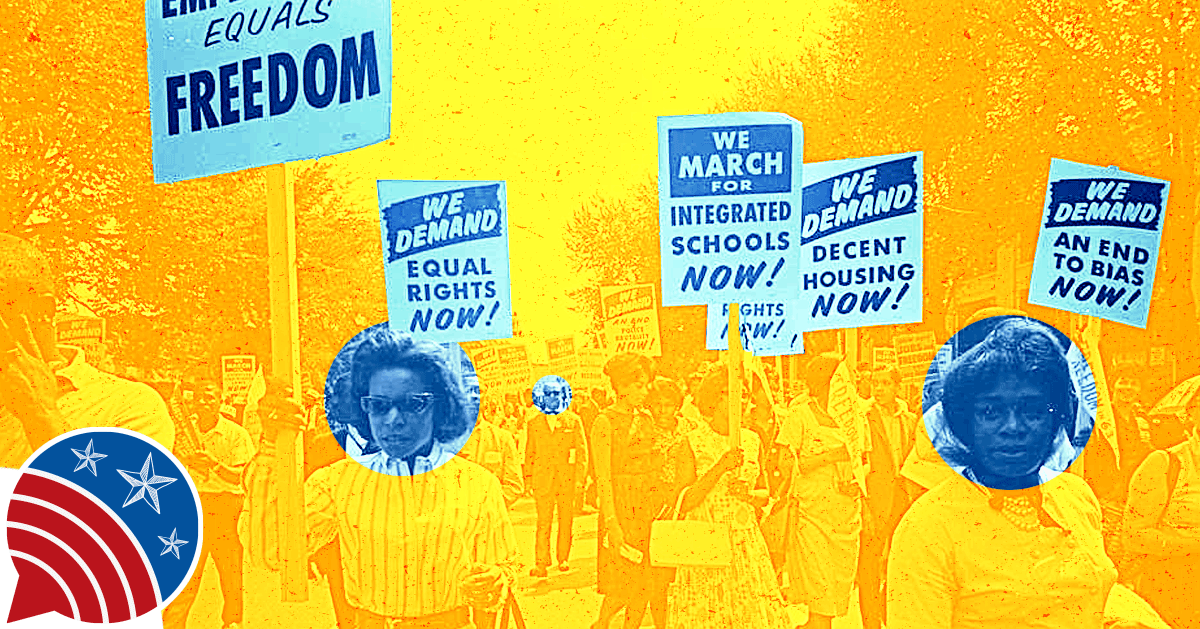


 The Center for Civic Education is a national, nonpartisan, nonprofit organization dedicated to cultivating an informed and thoughtful citizenry committed to democratic principles and actively engaged in the practice of democracy. We do this primarily through our flagship programs, We the People and Project Citizen, but we also provide high-quality, inquiry-driven curricular programs that bring civic learning to life. The Center additionally equips educators with professional learning that builds confidence and capacity to teach civics with depth and relevance, unlocks students’ civic agency by creating opportunities to demonstrate their knowledge and skills, and share their voices through simulated hearings and other public forums. These initiatives build a national community committed to strengthening civic understanding and participation for all and root everything in decades of research and evidence. Learn more.
The Center for Civic Education is a national, nonpartisan, nonprofit organization dedicated to cultivating an informed and thoughtful citizenry committed to democratic principles and actively engaged in the practice of democracy. We do this primarily through our flagship programs, We the People and Project Citizen, but we also provide high-quality, inquiry-driven curricular programs that bring civic learning to life. The Center additionally equips educators with professional learning that builds confidence and capacity to teach civics with depth and relevance, unlocks students’ civic agency by creating opportunities to demonstrate their knowledge and skills, and share their voices through simulated hearings and other public forums. These initiatives build a national community committed to strengthening civic understanding and participation for all and root everything in decades of research and evidence. Learn more.
5115 Douglas Fir Road, Suite J
Calabasas, CA 91302
Phone: (818) 591-9321
Email: web@civiced.org
Media Inquiries: cce@civiced.org
Website: www.civiced.org